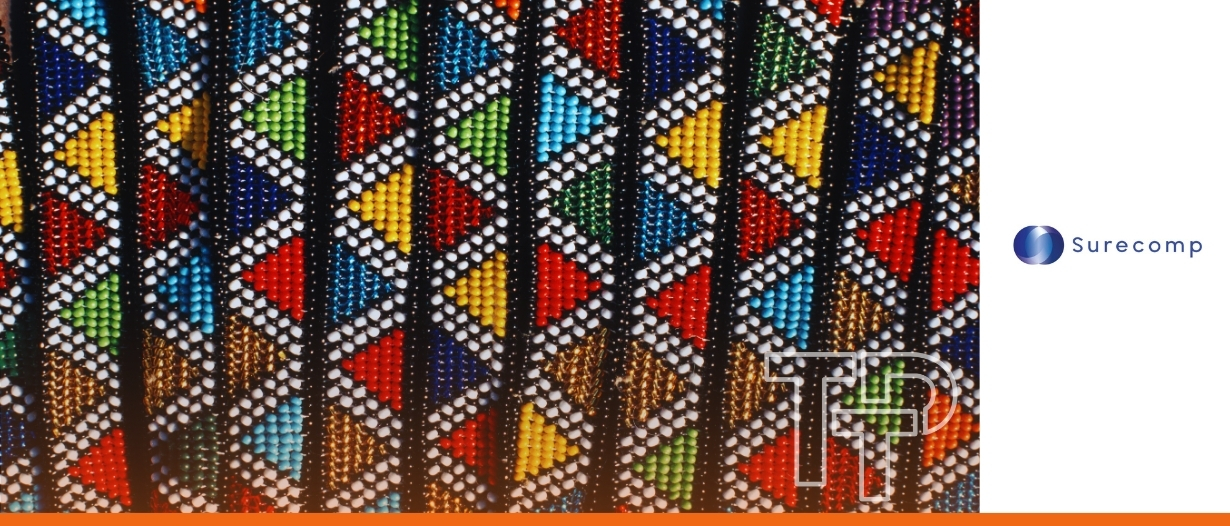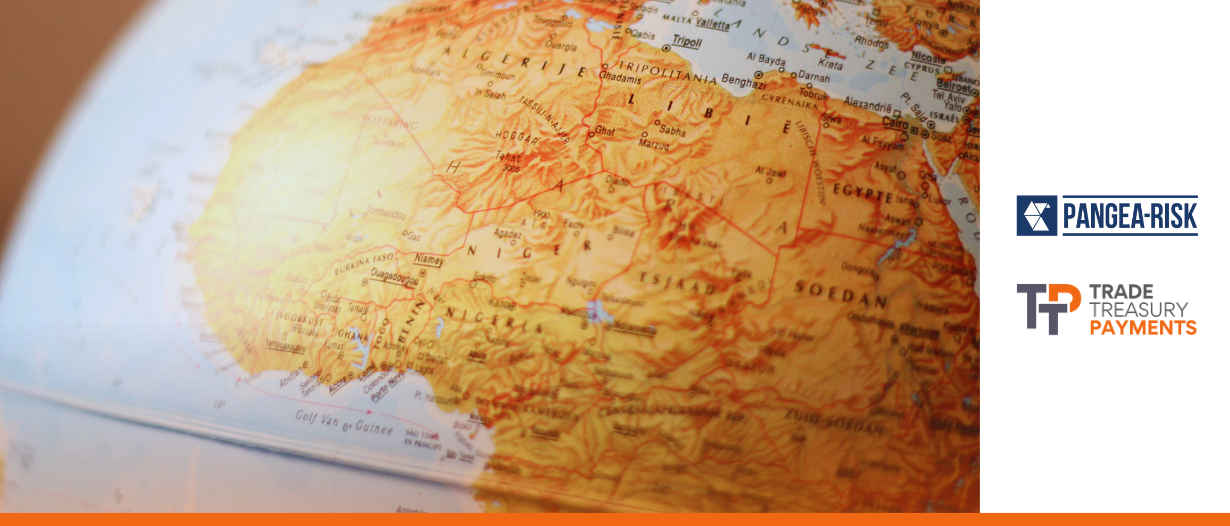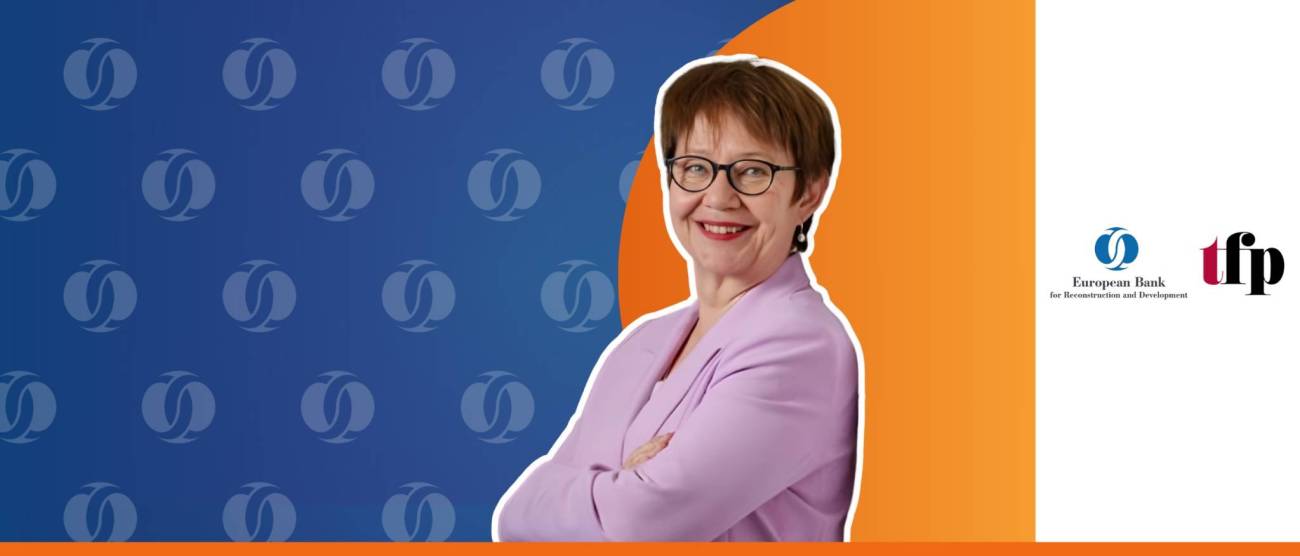- Trade Treasury Payments | The Liquidity Brief
- Posts
- Welcome to the TTP Liquidity Brief | Issue 09
Welcome to the TTP Liquidity Brief | Issue 09
Curb your Monday blues with our liquidity brief. The only newsletter in liquidity and risk management that you need to subscribe to. For the hustler, the CEO, the intern, the MD. Prepare for your week ahead, with the biggest voices, heavyweight leaders, and the meaningful conversations in trade, treasury, and payments. No spin, no bias, no gatekeeping—just honest, high-value insights.

🌟 Editor's note
Editor’s Note | Week of 16 June 2025
If last week was about defence finance breaking a long-standing taboo, this week, we’re shifting to another area where financial economies are under stress, we are seeing the rise of sovereign risk. And once again, the friction is most visible on the African continent.
At the centre is a growing dispute between Afreximbank and Ghana’s Ministry of Finance, a high-stakes clash over how credit-enhancing instruments are treated in sovereign debt restructurings. Credit rating agencies and private bondholders have categorised Afreximbank’s support as commercial exposure, placing it on par with private sector claims. But that categorisation, as Pangea-Risk notes, threatens to undermine the very architecture of development finance across Africa. The stakes are high: Ghana is restructuring $13 billion in external commercial debt, while 24 African countries now spend more servicing debt than on public health, according to the UNDP. The result is a growing misalignment between rating agencies, multilaterals, and debtor nations. Add in disputes over how credit ratings are applied, and whose interests they serve, and you have a structural misalignment that won’t be solved with a G20 communique.
Meanwhile, back in Europe, we saw four top-tier banks, together representing 25% of global trade finance volumes, publicly back the ICC’s Sustainable Trade Finance Principles. For years, banks have been mapping ESG onto trade finance frameworks with a mix of ambition and ambiguity. As ICC United Kingdom concluded their sustainability conference, last weeks’ endorsement marked a step towards creating sustainability and advocating disclosures, in Europe at least.
On the treasury and tech side, London Tech Week offered more than a few headlines and hot takes. Our coverage explores how the UK is positioning itself as a “Goldilocks” zone for artificial intelligence not too regulatory, not too laissez-faire. But amid the fairytale metaphors and glossy launches, some very real questions surfaced about data protection, compute power, and the race to operationalise AI responsibly. Treasury teams, take note: much of what’s being built for consumers today will be repurposed for B2B financial workflows tomorrow.
We also saw Lloyds and BNP Paribas team up to offer algorithmic FX execution, a sign of how treasury is getting more programmatic, and less dependent on human intervention. Across in Armenia, a new crypto regulation law is being met with industry backlash, as the state tightens its grip on digital assets just as the private sector ramps up experimentation.
In payments, Joy Macknight returns from Amsterdam with her Money20/20 Europe summary, spotlighting commentary on cross-border friction, embedded payments, and the rise of B2B stablecoin propositions. Uber, for one, is exploring stablecoins to cut the cost of international driver payments. Meanwhile, Bank of America raised the cap on real-time payments to $10 million, Amex doubled down on B2B card rails, and the payments arms race continues to blur the lines between fintech, banks, and corporates.
In case you missed it:
Last week, we launched our latest TTP report, Trade Digitisation’s Bumpy Road to Interoperability, a reality check on the dream of seamless digital trade. We’ve mapped key platforms, use cases, and challenges across the digital trade landscape, with expert views from banks, fintechs, and regulators. Interoperability is no longer a tech issue. It’s a strategic one, and this report gives a window into why some digital trade pilots scale, and others stall.
We were also live last week in Tashkent for the Uzbekistan TIIF, covering critical minerals, infrastructure deals, and how the region is pitching itself as the next investment corridor for Asia and Europe. At the same time, the team was on-site at the ICC UK Sustainability Forum, where we spoke with Karan Bilimoria about the future of responsible trade, SME inclusion, and why political cycles continue to distort long-term ESG planning.
This week, we head to Namibia for the Commonwealth Business Forum, where trade, climate, and capital flows will again take centre stage.
And if all of that wasn’t enough, we’ve just dropped three new interviews on TTP, which you can now access on your favourite Podcast channel, or YouTube:
Odile Renaud-Basso, President of the EBRD, on crisis lending and new trade corridors in Africa
Mexico’s trade finance leaders, on fintech, inflation, and regional liquidity
Taiwan’s evolving trade diplomacy, from nearshoring to digital documents
Until next week—stay curious, stay critical.
— The Editors
Skip to your favourite part
Slow read
AI, stablecoins and embedded payments were the key topics under discussion in Amsterdam this year. The importance of collaboration across the payments ecosystem was a common thread throughout the conference.
Money 20/20 Europe is a useful barometer of the health of the European payments industry, in addition to providing insight into the debates that are shaping its future. The mood was buoyant in Amsterdam, encouraged by a plethora of new entrants in the space. Competition is intensifying, but so is cooperation.
At its first iteration in 2016, Money 20/20 attendees in Copenhagen were mainly fintechs looking for investors and investors looking for the ‘next big thing’ to invest in. The event has matured over the past 10 years, going beyond its original base to attract participants from across the payments ecosystem, including large incumbent banks such as Citi, HSBC and JPMorgan, payment giants like Mastercard and Ant Group, retailers and merchants like IKEA and Booking.com, and big tech companies such as IBM and AWS.
Importantly, central banks and supervisors have also joined the discussion, including the Banque de France, European Central Bank and the UK’s Payment Systems Regulator (PSR). For the first time this year, Money 20/20 Europe hosted a policy summit, together with the Bank for International Settlements (BIS), bringing together around 60 private and public sector organisations. Clearly, regulation and innovation aren’t mutually exclusive.
AI, stablecoins and embedded payments stood out as hot topics among the almost 8,000 attendees in Amsterdam. As in preceding years, addressing the friction in cross-border transactions continued to dominate many discussions. However, there were much fewer discussions around a previous popular subject of buy now, pay later, most likely as a result of greater regulatory oversight as regulators step in to prevent unconstrained borrowing amid a cost-of-living crisis.
Photo of the week
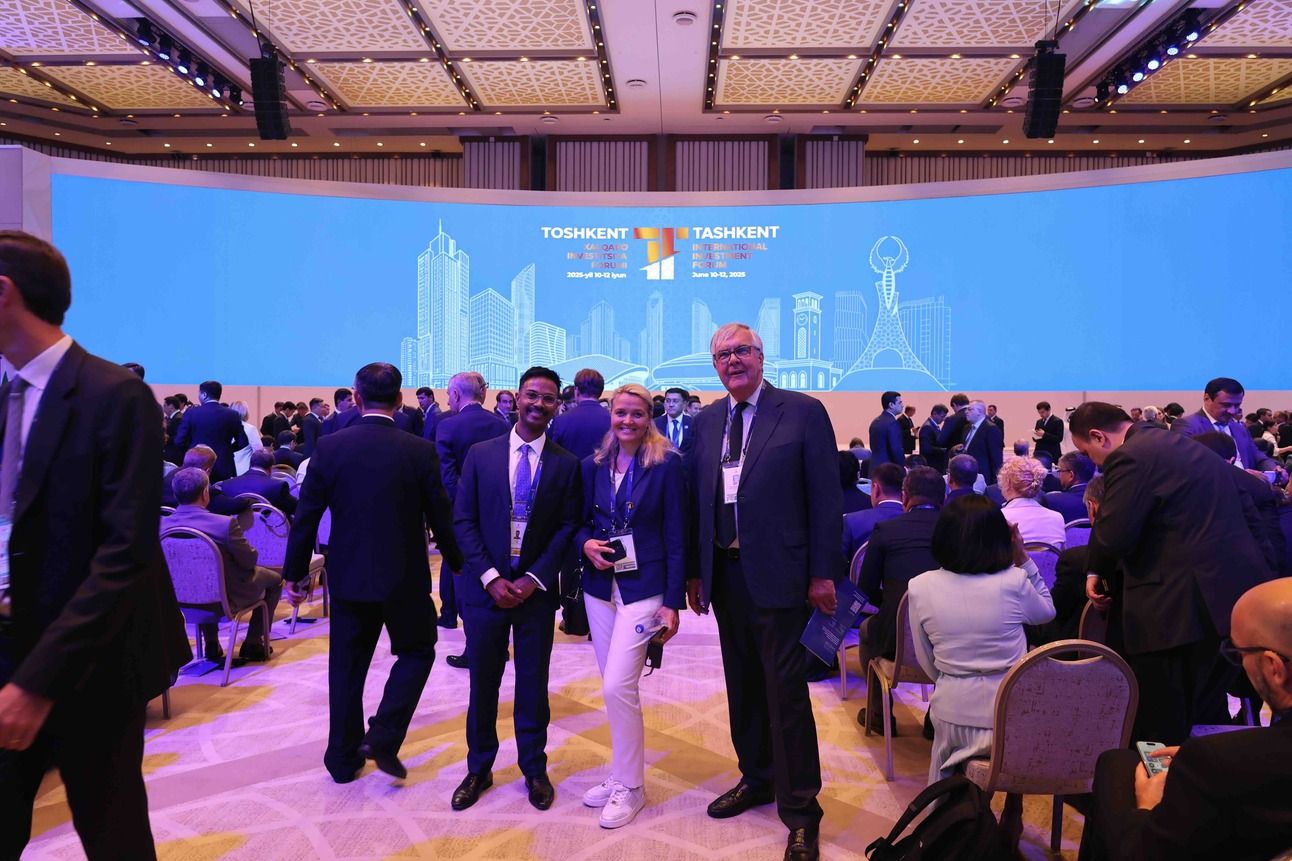
A fleeting encounter with TTP’s patron, Lord Waverley, in Tashkent, Uzbekistan!
Trade digest
The credit rating downgrade of Afreximbank has reignited concerns over elevated borrowing costs on the continent. Pangea-Risk Explores.
The downgrade comes against the backdrop of a dispute among international creditors over the inclusion of loans from African multilateral institutions in sovereign restructurings. Renegotiating the terms of these debt instruments could further exacerbate existing perceptions of elevated risk in Africa, driving up sovereign borrowing costs and curtailing access to capital for development projects and trade finance, particularly during times of global economic shocks. In this context, Africa is seeking to launch its own credit ratings agency later in 2025.
On 4 June, Fitch Ratings downgraded Afreximbank’s long-term issuer rating to BBB with a negative outlook, citing heightened credit risk and perceived weaknesses in risk management. The rating action was driven by Fitch’s recalculated non performing loan (NPL) ratio of 7.1 percent, which is above its ‘high risk’ threshold, following the reclassification of loans to Ghana, South Sudan, and Zambia. This reflects the perception of heightened risk that the debt owed to Afreximbank by these sovereign borrowers may be restructured. Both Afreximbank and the African Peer Review Mechanism (APRM) strongly contested the rationale, asserting that the sovereign exposures are governed by treaty obligations that safeguard creditor status.
The credit rating downgrade has amplified long-standing concerns over the cost of capital for African financial institutions. Given Afreximbank’s mandate to provide support to sovereigns during periods of economic stress, any weakening of its credit profile could further constrain access to affordable financing. Indeed, a 2023 United Nations Development Programme (UNDP) study estimates the cost of credit rating idiosyncrasies in Africa to be USD 74.5 billion in excess interest and foregone funding opportunities. The study attributes this disparity more to disproportionate risk perceptions and less to economic fundamentals. These perceptions not only inflate borrowing costs but also limit the effectiveness of regional lenders in responding to debt and liquidity crises.
PANGEA-RISK examines Africa’s position in the global financial system, the debt restructuring dispute, and the case for an Africa-based credit rating agency.
Africa faces disproportionately high borrowing costs
Existing perceptions of elevated risk impose a premium on African sovereign borrowing. In a study titled ‘Reducing the Cost of Finance for Africa,’ the UNDP found that, even after accounting for macroeconomic fundamentals and official credit ratings, African issuers pay 2.9 percentage points more on international bond markets than similarly rated peers located elsewhere. Additionally, a study by the International Monetary Fund (IMF) published in 2023 similarly observes that Sub
Saharan African governments incur substantially higher Eurobond coupons than sovereign issuers in Latin America and Asia with comparable ratings.
The financial toll is stark, with the UNDP estimating USD 74.5 billion due to these ‘perception premiums.’ This risk premium is at odds with Africa’s debt metrics. The continent’s total external public debt stands at under 1.5 percent of global sovereign debt, and many African countries maintain moderate debt-to-GDP ratios after years of fiscal reforms. Many African borrowers, including sovereign lenders, face double digit interest rates on debt instruments, while heavily indebted advanced economies, such as Japan and Greece, which have debt-to-GDP ratios of 216 percent and 158 percent, respectively, borrow at yields below 5 percent.
Suspicions over biased risk perceptions are driving disagreements among creditors during sovereign debt restructuring processes in Africa. African governments are under pressure to renegotiate the terms of their loans to regional multilateral lenders, such as Afreximbank and the Trade Development Bank (TDB), to exit their default status. Other creditors, including those part of the Paris Club and China, argue that these African banks must share losses as ordinary lenders, as they frequently charge interest rates on their loans comparable to commercial rates. However, these institutions assert that they lend at high interest rates largely because their own funding is expensive, which directly influences the rates they charge to sovereign borrowers.

Furthermore, both Afreximbank and TDB resist their inclusion in sovereign restructurings, citing that their founding treaties confer preferred creditor status.
Treasury & FX digest
Payments digest
🗓️ Upcoming events
Commonwealth Business Summit
| FCI Annual Conference Rio will host the FCI Annual Conference, covering the latest in factoring and Supply Chain Finance.
|
ICC Mexican Trade Finance Day
| ITFA Week Day 1
|
ITFA Week Day 2 and 3
| ITFA Annual Conference
|
ADB Annual Awards and Dinner
| SME Finance Forum
|
Sibos
| TTP Boat Cruise at Sibos
|
Multimedia from Trade Treasury Payments
Videos and Podcasts
Podcasts
Report - Out now!
 | 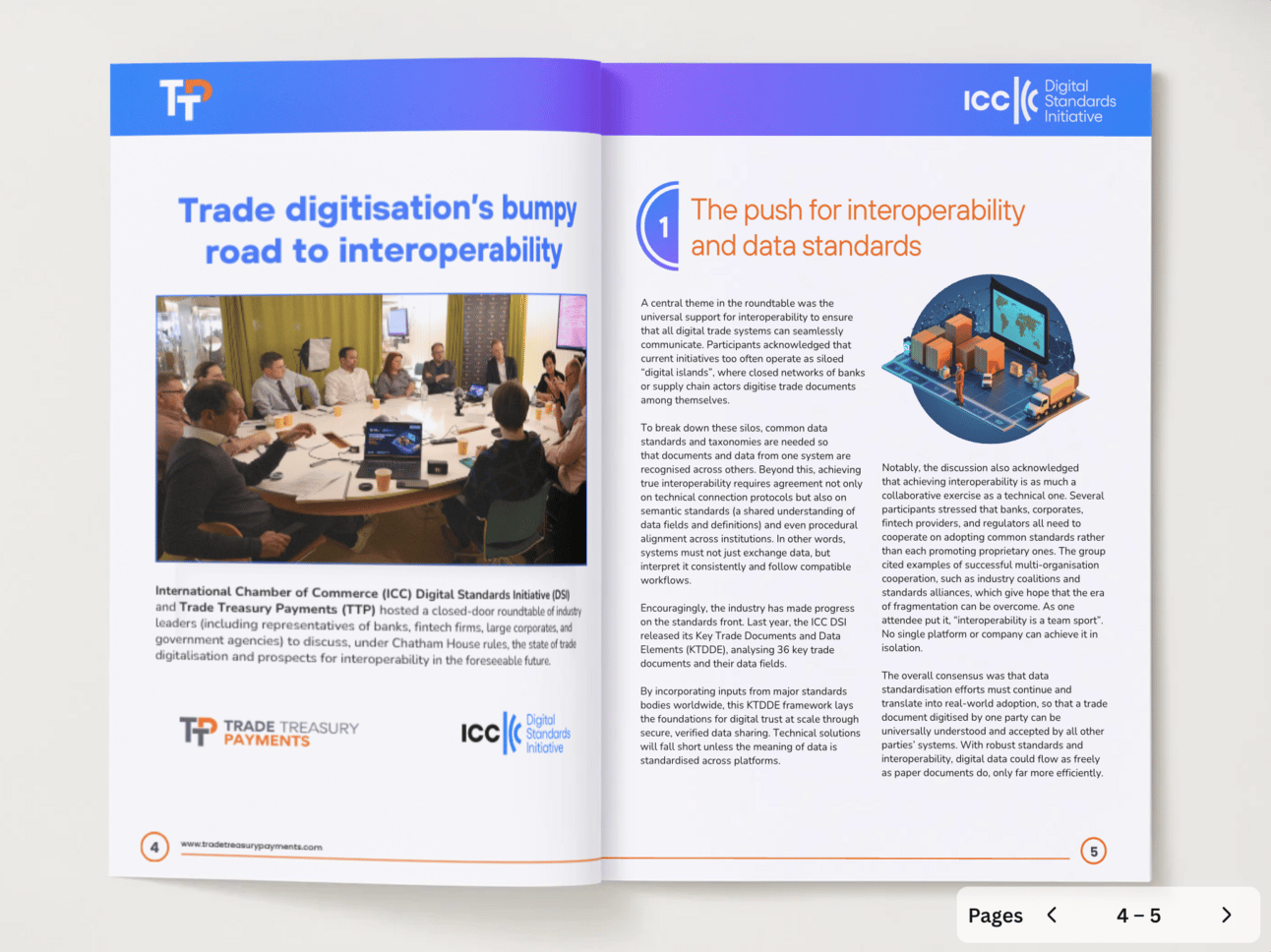 |
At a recent closed-door roundtable, convened by Trade Treasury Payments and the ICC Digital Standards Initiative (DSI), leading banks, fintechs, corporates and trade tech providers met to examine one of the most persistent challenges in digital trade: interoperability.
The resulting whitepaper, Trade digitisation’s bumpy road to interoperability, reveals a tension at the heart of the industry’s digital transformation. Despite rapid progress in document digitalisation and cloud-based workflows, systems too often remain siloed—operating as “digital islands” rather than as a coherent trade ecosystem. Technical pilots abound, but scale remains elusive.
🏆 Meet the Global Advisory Panel (GAP)
 | Professor Sarah Green, Tradetech Advisory Panel MemberDaily Mission
Behind the Scenes
Life Mantras
Hidden Facts
|
Did You Know? African countries pay an estimated $74.5 billion in excess interest and foregone funding due to credit rating disparities and perceived risk premiums, despite representing less than 1.5% of global sovereign debt.
Till next time,








